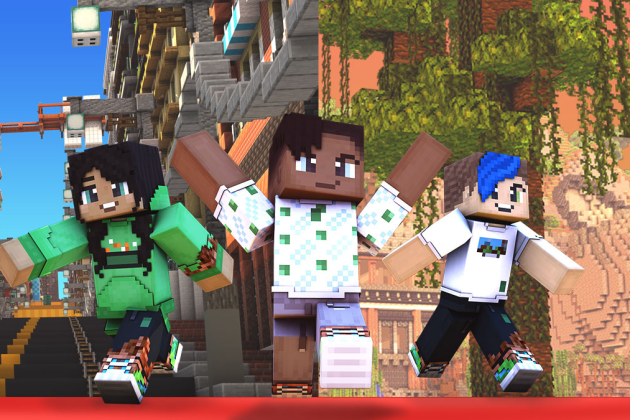Nearly Half of Video Game Players Say ‘Creation and Self-Expression’ Are Their Main Reasons for Gaming, New Study Finds

A new study has found that while stress relief is still self-reported as the top reason people are playing video games, 46% of gamers now list “creation, imagination and self-expression” as their main motivations for gaming.
That stat is up 10% from last year, per entertainment website and online fan community Fandom’s fourth annual “Inside Gaming” report.
More from Variety
The 2024 edition, released Monday, also stated that the people who are gaming for self-expression, creation and imagination are 30% “more likely to increase their gaming time, feeling more drawn to the gaming world than ever before.”
And 60% of gamers claim that self-expression through gaming is “more important to them than ever before,” via titles including “Minecraft,” “Fortnite” and “Roblox” that allow for personal expression through “extensive customization options, open-world exploration, and other game updates.”
Fandom’s study was compiled via a survey of 5,000 entertainment and gaming fans globally, and combined with proprietary insights from Fandom’s first-party platform data of over 350 million monthly users, 45 million content pages across 250,000 wikis.
“From character customization to cosplay and content creation, video games have empowered gamers to explore, express and enhance their identity – nearly two thirds of gamers claim it’s easier to be themselves with a controller in their hands,” said Stephanie Fried, CMO of Fandom. “With the growing significance of gaming as a means for self-expression and personal evolution, it’s crucial for brands to connect to these motivators to help players bring their gaming personas to life in the real world.”
Additional findings include:
80% of respondents feeling their gaming identity differs from their real-life identity.
However, half of respondents claim they’d prefer to be more like their in-game personality IRL and 72% would feel more favorably towards brands that help them achieve this.
This is especially true of 18-34 year olds, multicultural (specifically African American & Hispanic) audiences as well as women and non-binary audiences.
32% of gamers want their physical appearance to be more like their in-game appearance
64% believe that gaming communities are vital safe spaces where they can truly be themselves, presenting opportunities for brands to foster and cater to these communities.
The study found that 48% of gamers want their IRL skills to be as strong as their gaming skills, opening up an opportunity for brands to explore how they can create ways to provide gamers with products that enhance IRL skills and provide a sense of accomplishment & achievement they get while playing
Best of Variety
Sign up for Variety’s Newsletter. For the latest news, follow us on Facebook, Twitter, and Instagram.

 Yahoo News
Yahoo News 